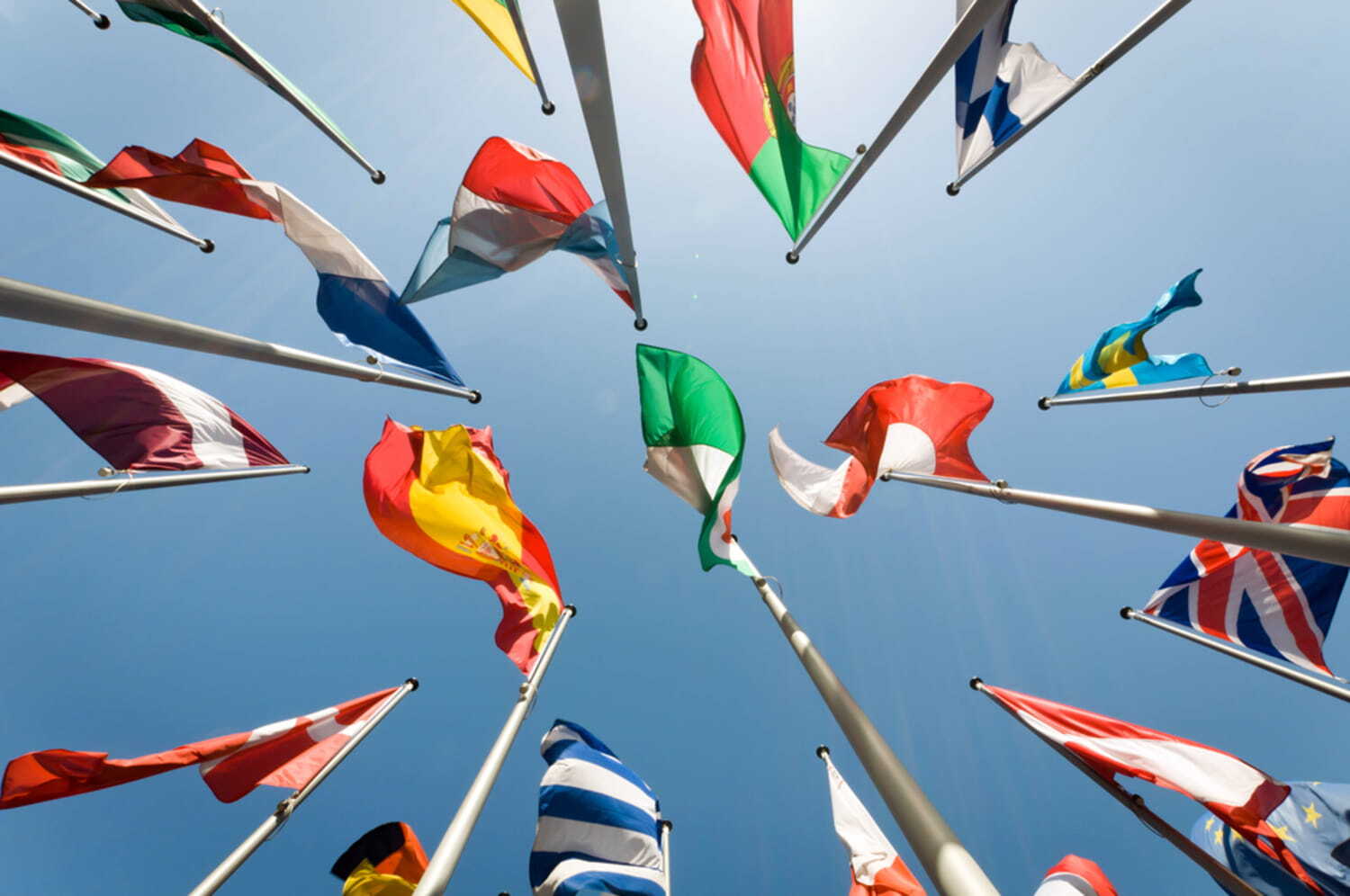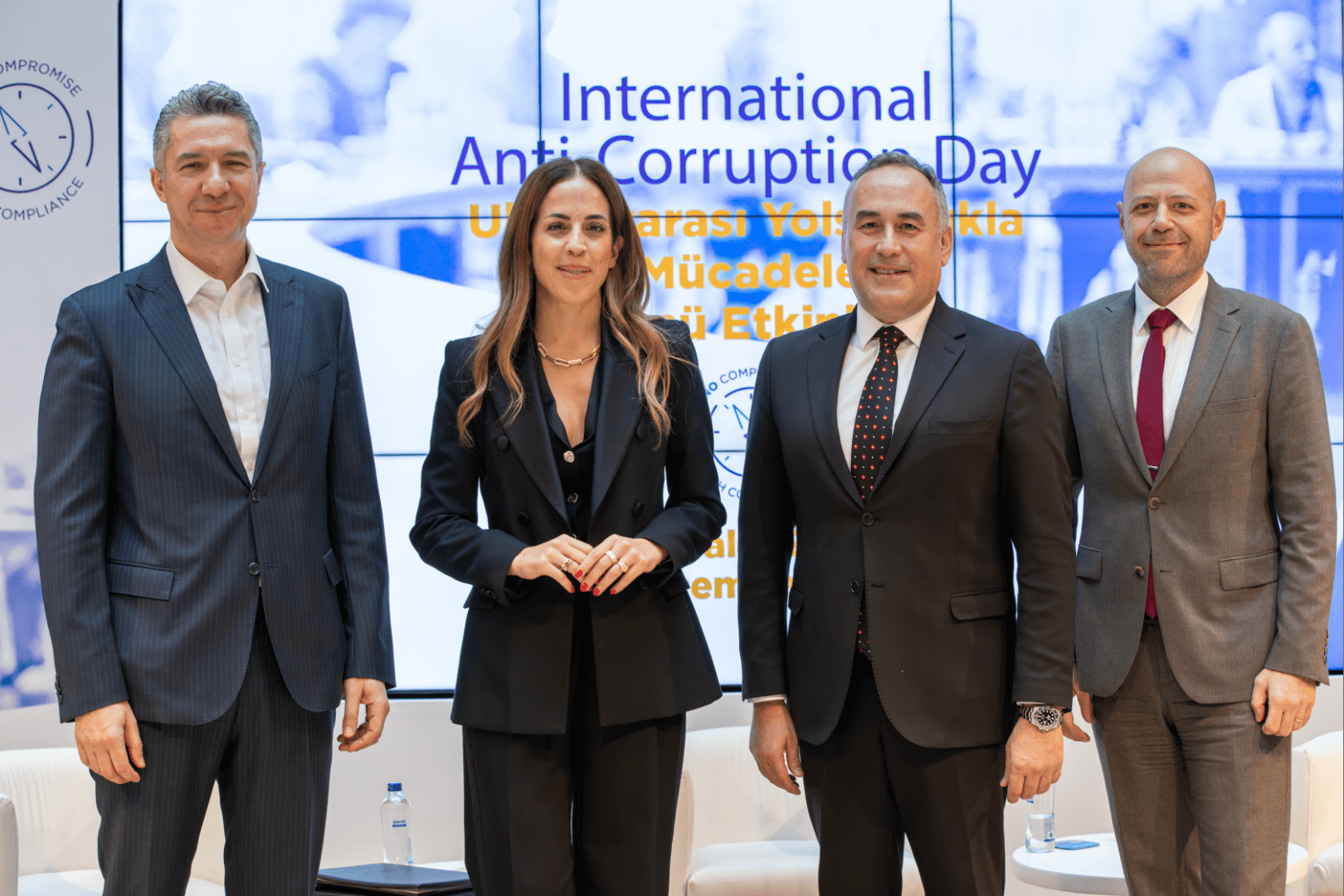
Corruption Perceptions Index 2015 Announced: Turkey is one of the big decliners!
Fikret SebilcioğluTurkey is ranked 66th out of 168 countries in 2015. Turkey has been named as one of the big decliners (together with Libya, Australia, Brazil, Spain) in the last 4 years.
Corruption Perceptions Index 2015 was announced by Transparency International* on 27 January 2016 in Berlin. The index covers perceptions of public sector corruption in 168 countries.
The press release of Transparency International stated that the research showed that people working together can succeed in the battle against corruption. Although corruption is still rife globally, more countries improved their scores in the 2015 edition of Transparency International’s Corruption Perceptions Index than declined.
The 2015 Corruption Perceptions Index clearly shows that corruption remains a blight around the world. But 2015 was also a year when people again took to the streets to protest corruption. People across the globe sent a strong signal to those in power: it is time to tackle grand corruption,” said José Ugaz, Chair of Transparency International.
Big Improvers
The big improvers include Greece, Senegal and UK. Denmark took the top spot for the 2nd year running.
Top performers share key characteristics: high levels of press freedom; access to budget information so the public knows where money comes from and how it is spent; high levels of integrity among people in power; and judiciaries that don’t differentiate between rich and poor, and that are truly independent from other parts of government.
Big Decliners
The big decliners in the past 4 years include Libya, Australia, Brazil, Spain and Turkey. North Korea and Somalia took the worst performers.
Brazil was the biggest decliner in the index, falling 5 points and dropping 7 positions to a rank of 76. The unfolding Petrobras scandal brought people into the streets in 2015 and the start of judicial process may help Brazil stop corruption.
Turkey is ranked 66th out of 168 countries in 2015. The Turkey’s ranking was 64th out of 175 countries in 2014 and 53rd out of 177 countries in 2013, 54th out of 176 countries in 2012. Unfortunately, this significant deterioration in the last years brings Turkey one of the “Big Decliner” title.
People who are interested in this research will definitely discuss the results and make detailes analysis as to why Turkey has performed that bad. I believe that the short answer is hidden above where the key characteristics of top performers are detailed.
A research conducted by the World Bank related to the 2014 index showed rather disappointing facts. The report issued in May 2015 indicated that the rank of 64 in 2014 did not reflect the truth and, in reality, Turkey is much lower in the list. The World Bank looked into the “reticence to tell the truth” regarding the said index results in its research. This research that involved seven countries including Turkey concluded that Turkey is the top country to “avoid giving the right answer” to the questions addressed in the corruption perception survey. In short, they were not honest and gave misleading answers to the questions. I believe that we can easily consider the same behavior for the Turkish results for the 2015 results.
If you would like to review the report, you can access it via the website of the World Bank (report number WPS7276).
Interesting Result: Many “Clean” Countries Have Dodgy Records Overseas
Northern Europe emerges well in the index – it’s home to four of the top five countries. But just because a country has a clean public sector at home, doesn’t mean it isn’t linked to corruption elsewhere.
Sweden is an interesting example. It comes third in the index, yet the Swedish-Finnish firm TeliaSonera – 37 per cent owned by the Swedish state – is facing allegations that it paid millions of dollars in bribes to secure business in Uzbekistan, which comes in at 153rd in the index. The company is now pulling out of business in Central Asia, but Sweden isn’t the only “clean” country to be linked to dodgy behaviour overseas. As our research shows, half of all OECD countries are violating their international obligations to crack down on bribery by their companies abroad.
The Corruption Perceptions Index is based on expert opinions of public sector corruption. Countries’ scores can be helped by open government where the public can hold leaders to account, while a poor score is a sign of prevalent bribery, lack of punishment for corruption and public institutions that don’t respond to citizens’ needs.
In order to see the results table of Corruption Perception Index 2015, please click here.
*Transparency International is a non-governmental organization which works together with governments, businesses and citizens to stop the abuse of power, bribery and secret deals all over the world.







